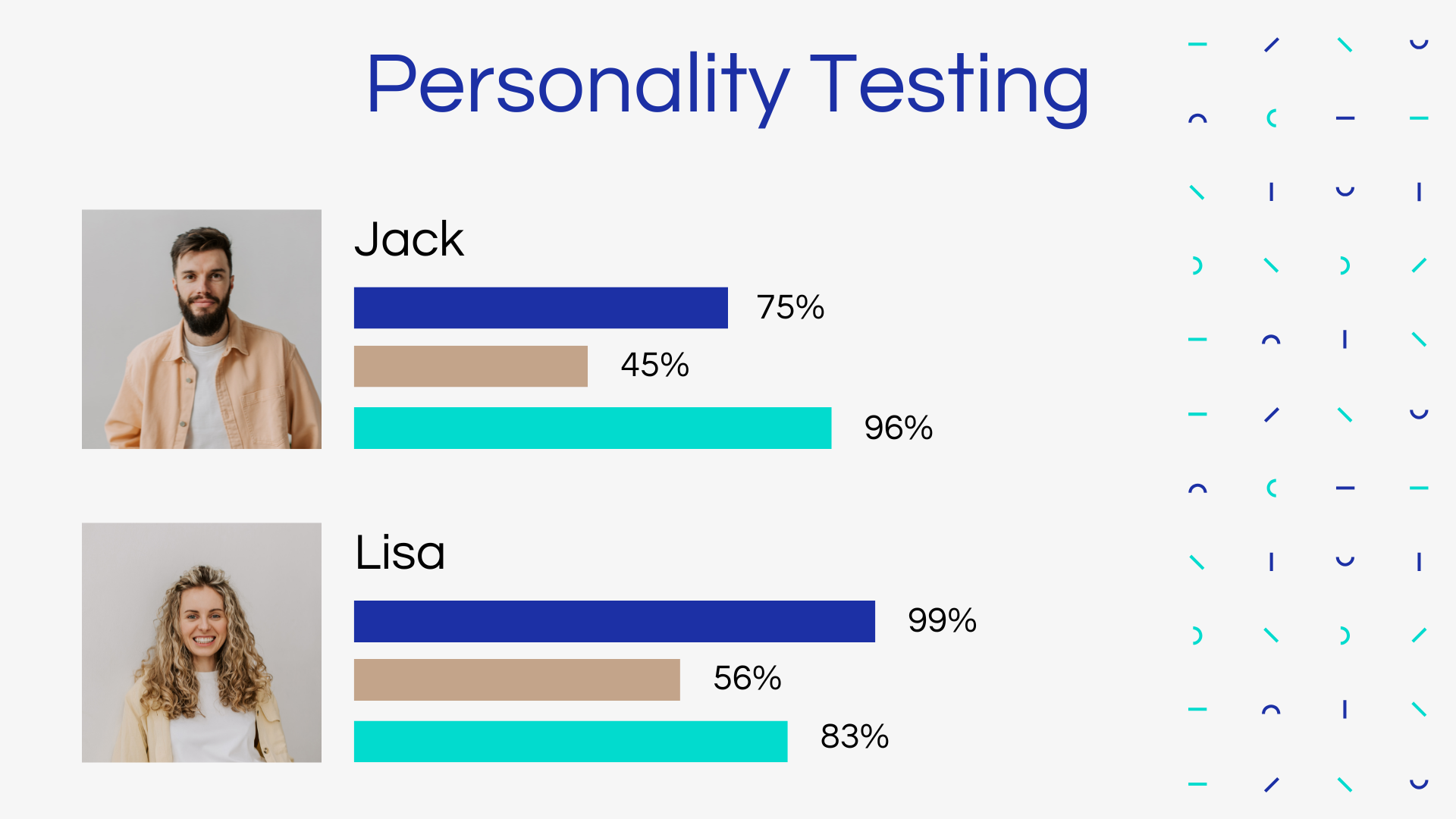Hiring a new employee for most companies is a straightforward process – you know how it goes.
Candidates apply for positions, participate in phone screens/tests, and then attend an interview. Interviews are generally with the hiring manager but can sometimes include another independent person. Following successful interviews are reference checks. And assuming nothing untoward is discovered, an offer is made to candidates.
This recruitment process has been the norm for decades, and for the most part, is successful. But is it the best way to recruit top talent that will stay and grow with your organisation?

Removing the Hiring Manager?
This subject greatly intrigues me and led me to explore what top companies might be doing differently in the hiring space. During my research, I came across our good friends at Google, who as we know, make it their business to turn traditional practices on their head.
Google’s novel way to hire employees is to remove the hiring manager from the final decision-making process. Interestingly, this approach may mean that not only the candidate but also the hiring managers, could be anxiously waiting by a phone to find out if the candidate has been successful or not.
At Google, final hiring decisions have been delegated to an independent hiring committee, which makes decisions based entirely on the contents of a ‘hiring pack’. This pack contains all the information collected about a candidate during the recruitment process.
So What Are The Benefits of This Approach?
- It helps remove unconscious bias
- It ensures hiring decisions are made purely on a candidate’s skills and experience – not because of personal relationships
- It slows down the recruitment process and ensures decisions are made based on candidate merit, not just to fill a gap
- It broadens the recruitment spectrum in that a hiring manager might be recruiting for now, but a hiring committee may be recruiting for their future workforce and the changing needs of the organisation
A Bold New Way to Recruit
Could we take this concept even further, and consider removing the hiring manager from the recruitment process altogether? Imagine a situation where the first time you meet your new employee is on their first day. For many managers, this would present a scary scenario and not one they would want to see eventuate. For others, it might be a welcome relief, particularly if recruitment is just not their ‘bag’.
What If You’re A Lousy Recruiter?

Just because you’re a good manager, it doesn’t necessarily mean you’re good at recruitment. Recruitment is a specialist field and while many dabble in it, it may not always result in a successful outcome for either party. It reminds me of the adage: ‘putting a round peg in a square hole.’
The answer to this could well be to remove yourself from the process altogether and let someone else find your talent for you. While recruitment might not be your specialty, it could be a passion of others who voluntarily sit together on hiring panels to recruit for the organisation.
Can Assessing Cultural Fit Be Outsourced?
But can recruitment really be done by someone completely unrelated to the position being recruited for? Certainly, technical skills can be assessed independently against qualitative benchmarks, but what about cultural fit? Professional working relationships go two ways; the fit must be right for both parties.
As much as a manager wants an employee to be the right fit, a prospective employee wants the same – to know that the manager is the right fit for them. How can either party know this if they don’t meet until after the recruitment process is complete?
Personality testing can help assess a candidate’s cultural fit and give insight into their emotional resilience, but it’s a one-way street. It doesn’t give the candidate any insight into the person they will be working for. In a tight employment market where candidates are in the driving seat, they can afford to be choosy. It’s not just the company they work for but also who they work for.
It would seem we are more prepared to outsource the hiring decision to an independent party but less inclined as managers to absolve ourselves of recruitment entirely. There are just some things you cannot delegate!


